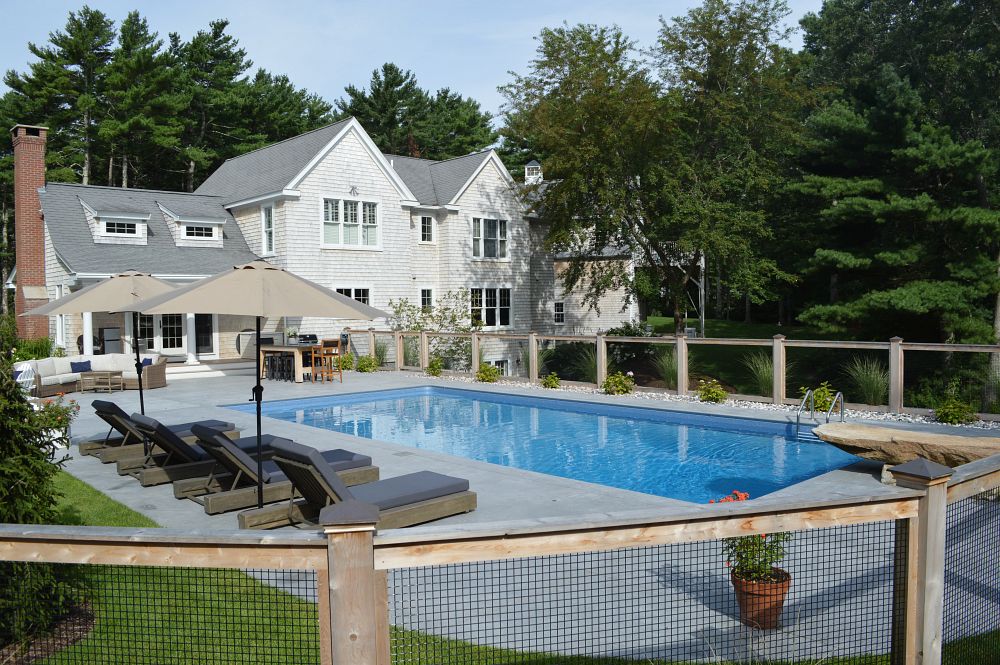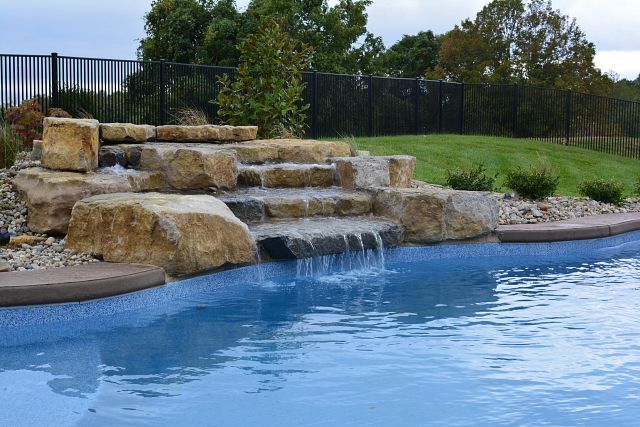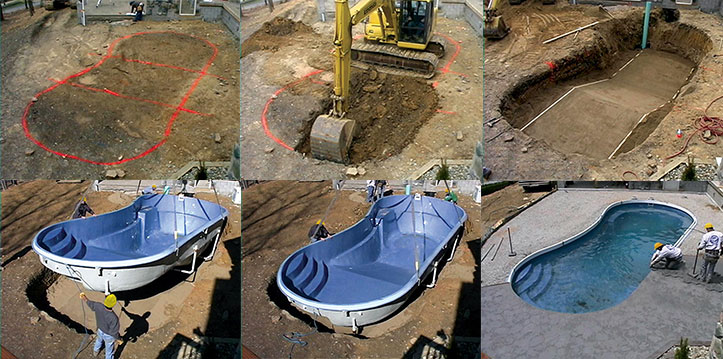There are a lot of pool cover types available to swimming pool owners in the pool market place today. There are as many different uses for them as there are covers, it seems each cover company tries to carve out its own niche that will create sales. Some are expensive and some will cost you less than $50, so there are covers in all price ranges to fit all sorts of budgets.
Pool Safety
Many people worry about safety when it comes to covers as far as how easily they may be pulled or taken off the pool. Is there any such thing as a locking cover for safety? Let’s take a look at the types of swimming pool covers available to pool owners in the market place and if any of them can be locked in place to prevent them from being taken off the swimming pool.
Covers such as bubble/solar covers simply lie on the surface of the water and have no anchoring system whatsoever. They can easily be removed at any time by anyone and because they have no anchoring there is absolutely no way to lock them.
Mesh and plastic winter covers are placed over the pool to create a barrier for dirt, leaves, and other debris from getting into the swimming pool water when it is closed for extended periods of time. These can be anchored down by tying ropes through their loops, using bungee cords, or by filling 6 – 8 foot water tubes and placing them on top of the cover to weigh it down. There is no real way to lock down this type of swimming pool cover either, as a matter of fact they tend to take themselves off the pool more often than not as the water tubes burst and wind breaks the flimsy loops that the ropes are tied to; because of this they often end up in the pool . The covers would be a little tedious to remove if someone really wanted to do it, but with all the weight from the water tubes and the tie downs it would take them a while to get the task done.
What’s The Difference?
Pin down mesh and solid safety covers are anchored to brass pins which are placed into carefully drilled holes in the concrete. Since the brass pins are actually anchored into the concrete it allows these covers to be classified as a safety cover because they hold a lot of weight and cannot be pulled into the swimming pool. Although it would be extremely tough for someone to get under the cover and get into the pool when the pool cover is securely in place, you still cannot classify these covers as a locking pool cover. The reason for this is there is no way to actually secure the cover so it cannot be pried off the pins.
Are automatic pool covers locking covers? The answer to this is both yes and no, but the answer is kind of like splitting hairs. Here is an explanation. Automatic pool covers are electronically controlled, that is, you have to activate an electrical switch to move them over the swimming pool. Once on the swimming pool, an automatic swimming pool cover forms an ‘isolation barrier’ when it is covering a pool, which simply means the pool cover seals off all the sides of the swimming pool from possible entry. Does it work? Yes, there is no safer way to cover a swimming pool, but the cover is still not technically ‘locked’; even though it would take a hacksaw, pry bar, and sledgehammer to open the cover at this point.
Here is the part about it being able to lock. Since the cover is rolled on and off the pool electrically by the means of a switch, theoretically, if you take the electrical switch out of the equation then the pool is ‘locked’. And this is easy enough to do with today’s sophisticated automatic pool cover controls and specially made keys, but it is not clear if this alone classifies the pool cover as being ‘locked’ because it can still be forced off the pool even without working electronics. Make no mistake about it though; an automatic pool cover makes your pool very secure.







Join the discussion